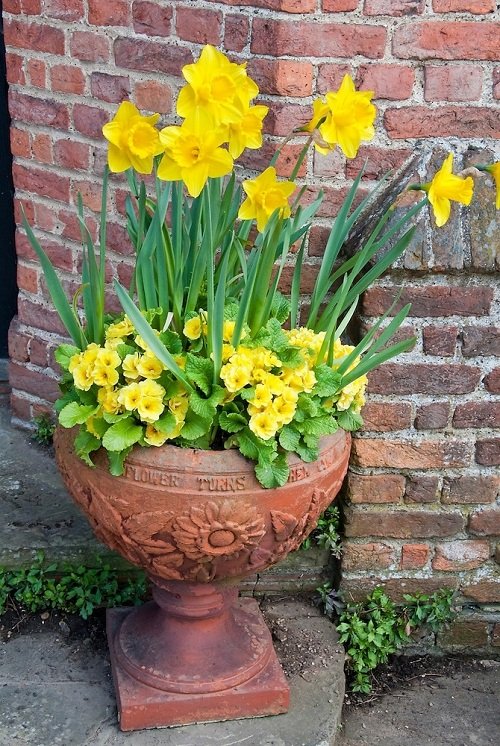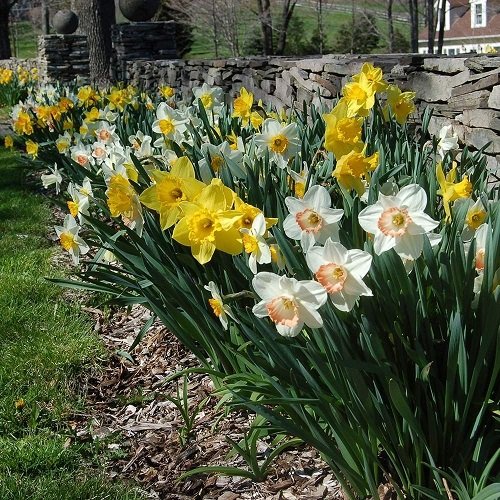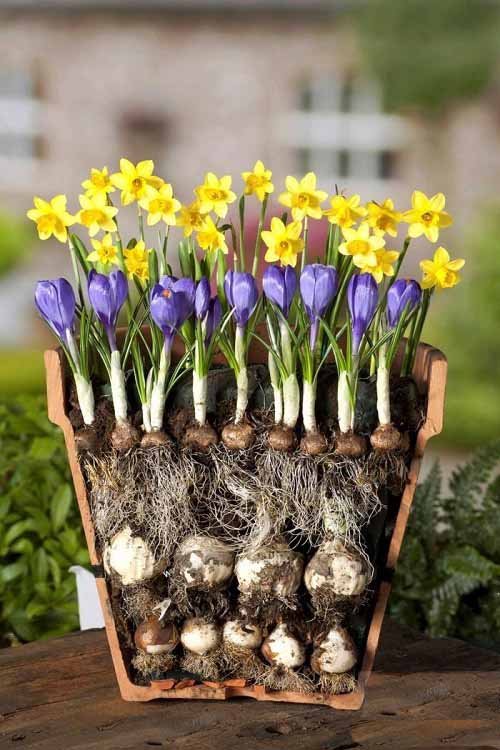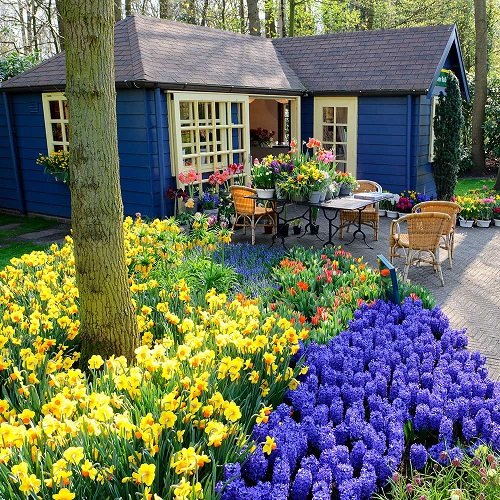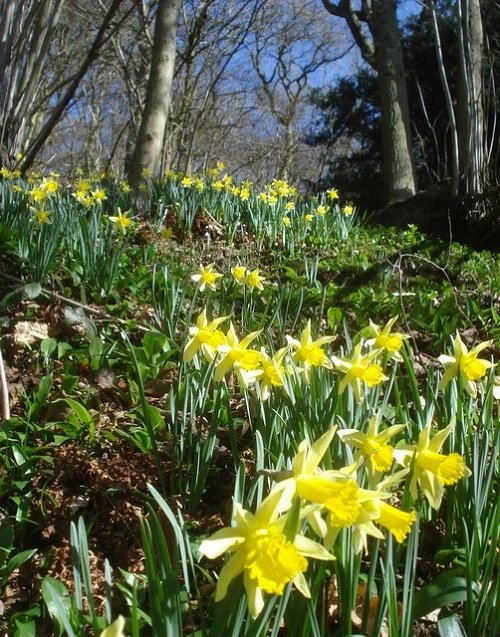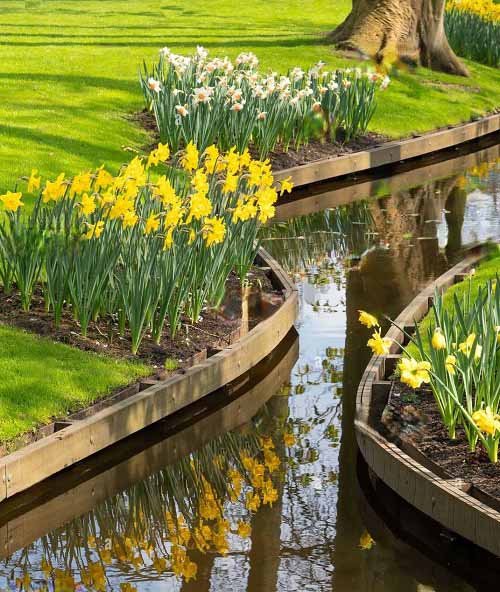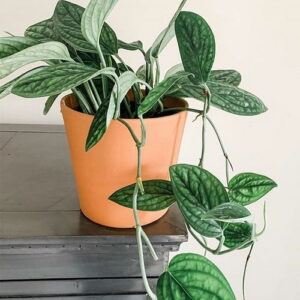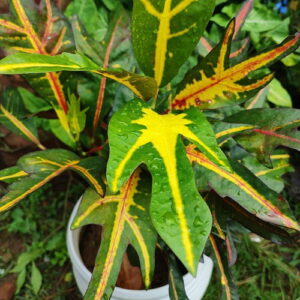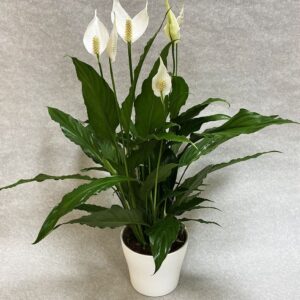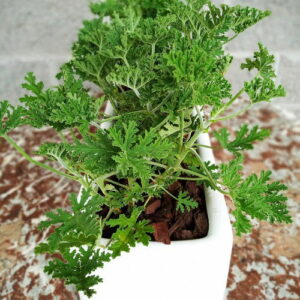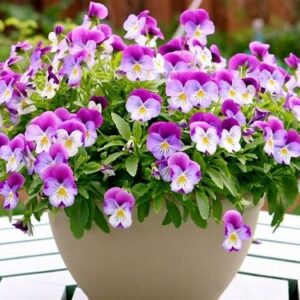Different Ways to Grow Narcissus | Daffodil Growing Ideas
Daffodils are stunning flowers that you can grow to add vibrant appeal to any room. Here are some innovative and Different ways to grow daffodils!
From traditional ground planting to innovative water-based techniques, we will explore everything Different ways to grow daffodils This will certainly entice you to grow one!
Ways to grow daffodils
1. Let the flowers take over the garden
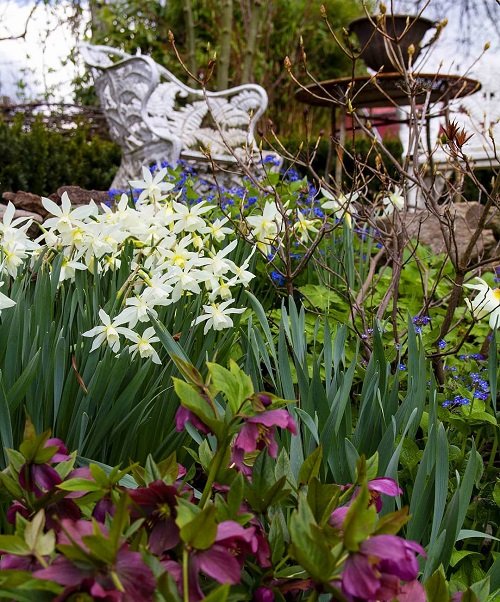
Growing these flowers in the garden is the best way to enjoy the beauty of their colors!
- Choose a sunny or partially shaded location with well-drained soil. Amend the soil with compost to ensure good drainage.
- Plant the bulbs in the fall about two to three times as deep as the bulb is tall, with the tip facing upwards. Space the bulbs about 3-6 inches apart.
- Water them well after planting. Once established, daffodils are fairly drought tolerant and require minimal care.
2. Store them in containers for display in limited spaces
Plant daffodil bulbs in containers if you don’t have space in the garden or want to enjoy daffodils on your patio or balcony.
3. Yes! You can also grow these flowers in water!
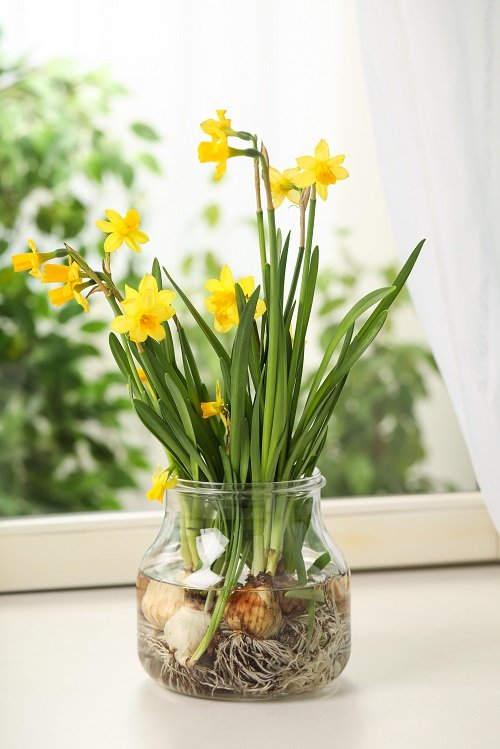
This method is perfect for gardeners looking for efficient, space-saving, and visually appealing ways to grow plants indoors.
Use a shallow, wide container or a special bulb vase. Fill water to just below the bottom of the bulb. Note that the roots should be growing into the water, not the bulbs.
Change the water regularly to prevent algae growth and bad smells.
4. Bring these flowers into your living room
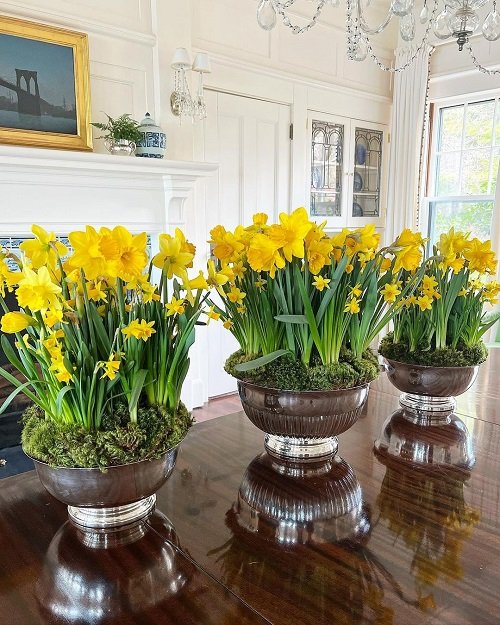
To enjoy early blooms, you can plant daffodil bulbs indoors, right in the living room! Plant bulbs in late fall, spring, or early winter in pots or shallow containers filled with potting soil.
Water them lightly and place them in a cool, dark place (about 35-48°F or 2-9°C) for 12-14 weeks to simulate winter. Then move them to a warmer location (around 15-18°C) to encourage growth and flowering.
5. Let them grow wild!
Consider naturalizing daffodils if you want to give your garden a more “wild” or natural look. Scatter the flower bulbs in a naturalistic pattern, for example under trees, along paths or in meadows.
Plant bulbs in random groups to create a beautiful, casual display over time.
6. Opt for layered planting for continuous flowering
To achieve continuous daffodil blooms throughout the spring, layer different varieties of daffodils with different bloom times.
Plant the early-blooming varieties deeper and the later-blooming ones above. Different layers bloom at different times, ensuring longer blooms.
7. Raise them up!
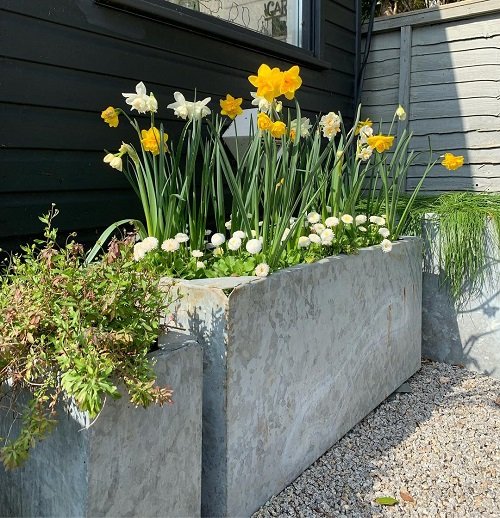
Daffodils also thrive in well-built raised beds. They provide better drainage and are also easy to reach.
8. Move to companion planting
Combine daffodils with other early spring blooming flowers such as crocuses, tulips or hyacinths for a vibrant and colorful spring garden.
9. Display these flowers in hanging baskets
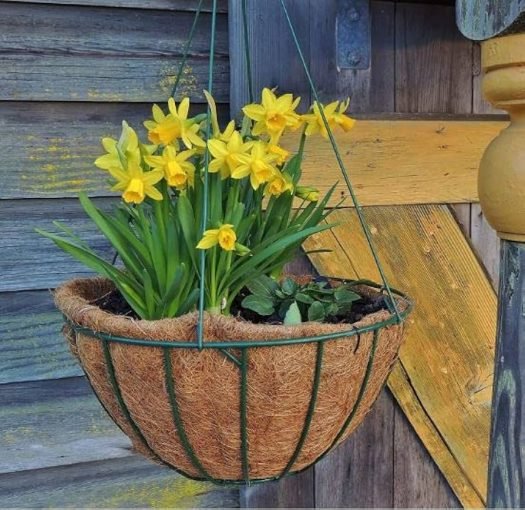
When hung at eye level, daffodils in hanging baskets can create a stunning visual impact. The cascading green foliage and bright flowers draw the eye upward and add dimension to your garden.
10. Plant them in flower boxes
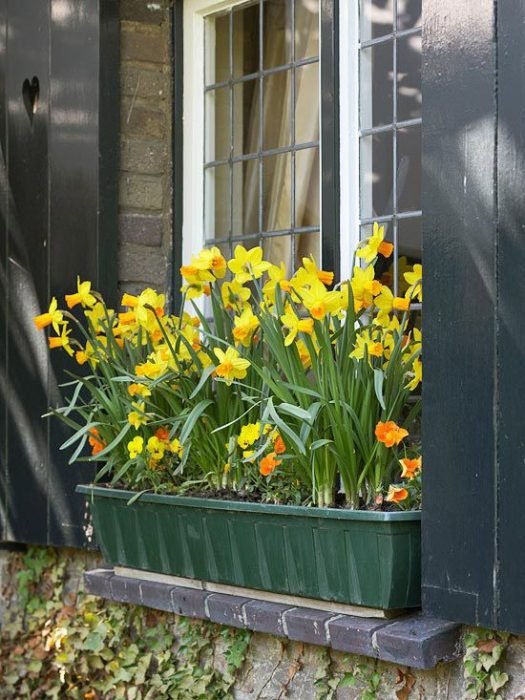
Flower boxes filled with daffodils can significantly enhance the exterior of your home. The contrast between the bright flowers and the architecture of your home makes for a captivating spectacle.
11. Make a border planting
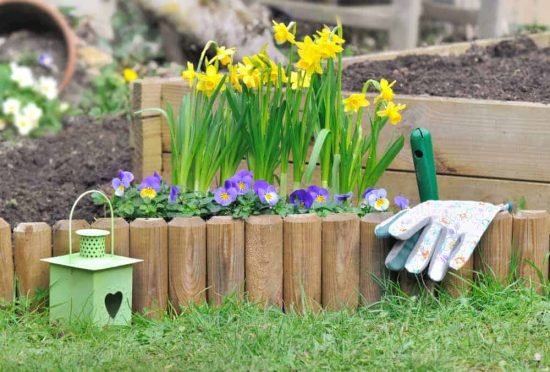
Planting daffodils in borders along walkways or garden edges creates a natural, flowing appearance. The bright flowers create an inviting path and beautifully frame your garden.
12. Place them under trees or bushes
Daffodils planted under trees or shrubs can mimic their natural forest habitat. This creates an enchanting, fairytale atmosphere in your garden.
13. Add them to Rock Gardens
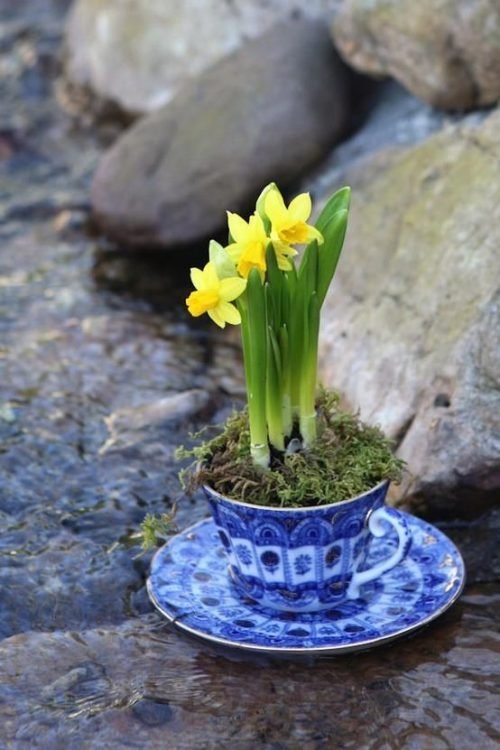
The delicate daffodil flowers contrasting with the rough rocks can create a striking visual contrast. This setup is ideal for modern, minimalist gardens.
14. Use these flowers in the water feature
Planting daffodils around ponds or fountains can double their visual impact through reflection. This creates a calm and picturesque focal point in the garden.
